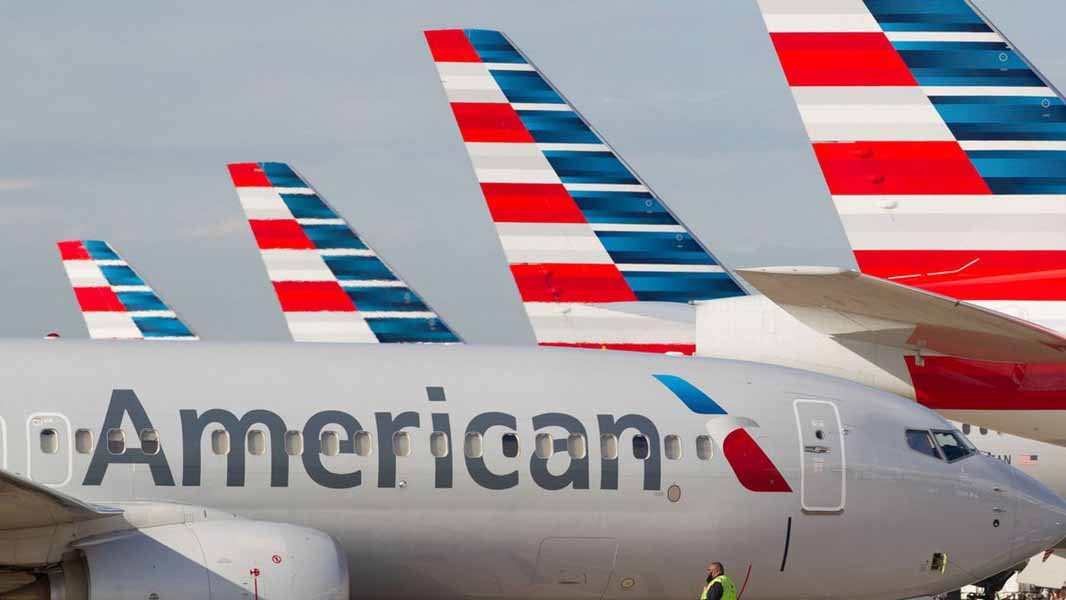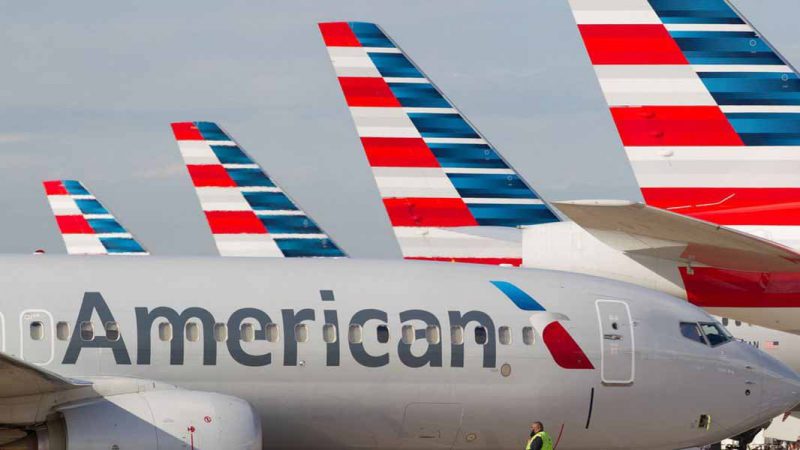U.S. Airlines, Trump Administration Hammer Terms of $25 Billion Government Bailout
The beleaguered airline industry to get needed infusions with loans and grants expected to cover expenses through September
April 14, 2020

Following days of contentious negotiations, the hobbled U.S. airline industry has come to a rapprochement with the Trump administration over the terms of a $25 billion bailout that will keep airlines afloat through and after the coronavirus pandemic.
According to the Treasury Department, Alaska Airlines, Allegiant Air, American Airlines, Delta Air Lines, Frontier Airlines, Hawaiian Airlines, JetBlue Airways, United Airlines, SkyWest Airlines and Southwest Airlines are expected to participate in an act aimed at taking care of employees as part of the economic stabilization package passed by Congress in March known as the CARES Act.
Airlines were up in arms as the Treasury demanded that larger airlines repay at least a portion of the sums they were to receive. That deal is now structured as a grant and loan combination that opens up the channel for the government to buy stock in the airline companies.
“This program would not have come about without the collaborative, bipartisan approach,” said American Airlines Chairman and CEO Doug Parker. American is set to receive some $5.8 billion in financial assistance. “We recognize the importance of our service as evidenced by the customers who continue to fly today for important reasons, including medical professionals getting to where they are most needed and family members getting to where they feel most safe. It is our privilege to continue flying through the downturn and to be in a ready position as our country and the world return to the skies.”
Delta Air Lines will get $5.4 billion in emergency relief as part of the CARES Act economic stimulus. The payment includes an unsecured 10-year low-interest loan of $1.6 billion, and Delta will provide the government with warrants to acquire about 1 percent of Delta stock at $24.39 per share over five years.
“The funding, along with self-help measures we have taken, will prevent furloughs and pay rate reductions through the end of September, despite the 95 percent drop we’ve seen in passenger traffic,” Delta CEO Ed Bastian wrote in an open letter to the company. “Since the pandemic began, we have taken down 80 percent of our schedule; consolidated airport facilities and closed many Delta Sky Clubs; paused non-essential maintenance and capital projects; reduced ground-based merit and hourly schedules by 25 percent; cut pay for officers and director-level employees; and gratefully accepted a remarkable 35,000 voluntary leaves of absence by Delta people. This is an essential step, but just one of many that will get us through the next several months.”
Southwest Airlines is expected to receive $3.2 billion, consisting of more than $2.3 billion in direct payroll support and a nearly $1 billion unsecured term loan, while Alaska Airlines and Horizon Air will receive $992 million, to be used exclusively for the cost of employee payroll and benefits. The funding is expected to cover about 70% of budgeted costs through Sept. 30, 2020. Airlines were also agreeing to terms that involved additional conditions, such as no involuntary furloughs or changes to rates of pay through Sept. 30, 2020, continued suspension of dividends and share repurchases until Sept. 30, 2021, limits on executive compensation through March 24, 2022, and continuation of service as reasonable and practicable under a Department of Transportation rule.
U.S. airlines have idled some 2,200 aircraft so far and are seeing a 95 percent decline in passenger volume over a year ago, according to numbers from the Airlines for America industry lobbying concern. Globally, according to IATA, the International Air Transport Association, passenger revenues are expected to fall by $314 billion this year, marking a 55 percent drop from last year’s earnings.




